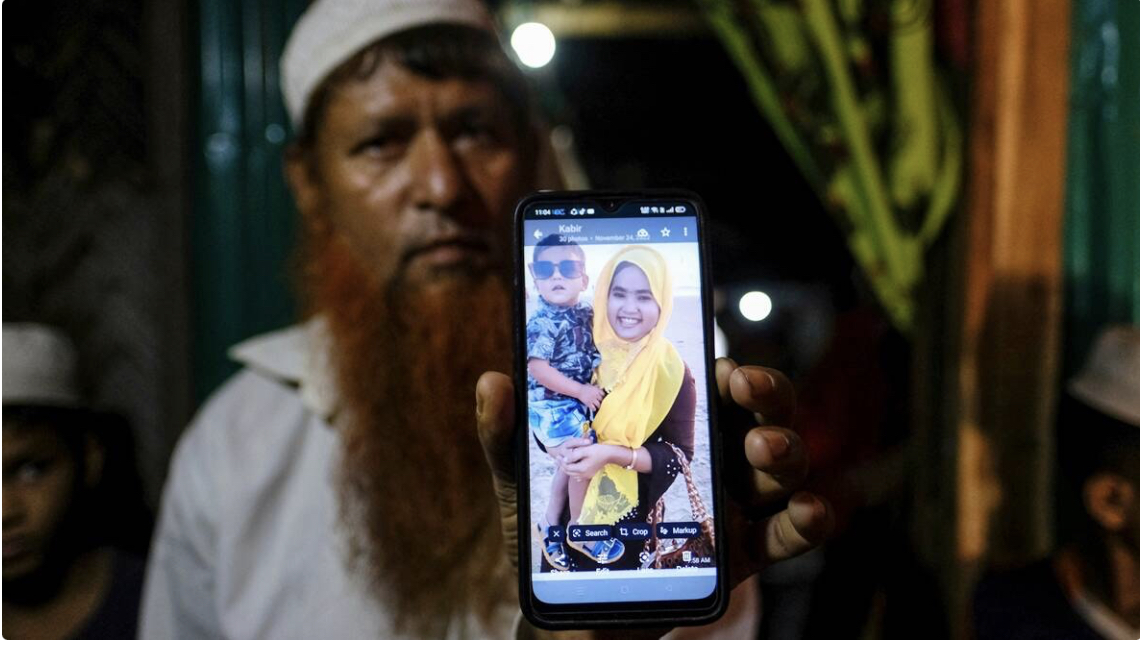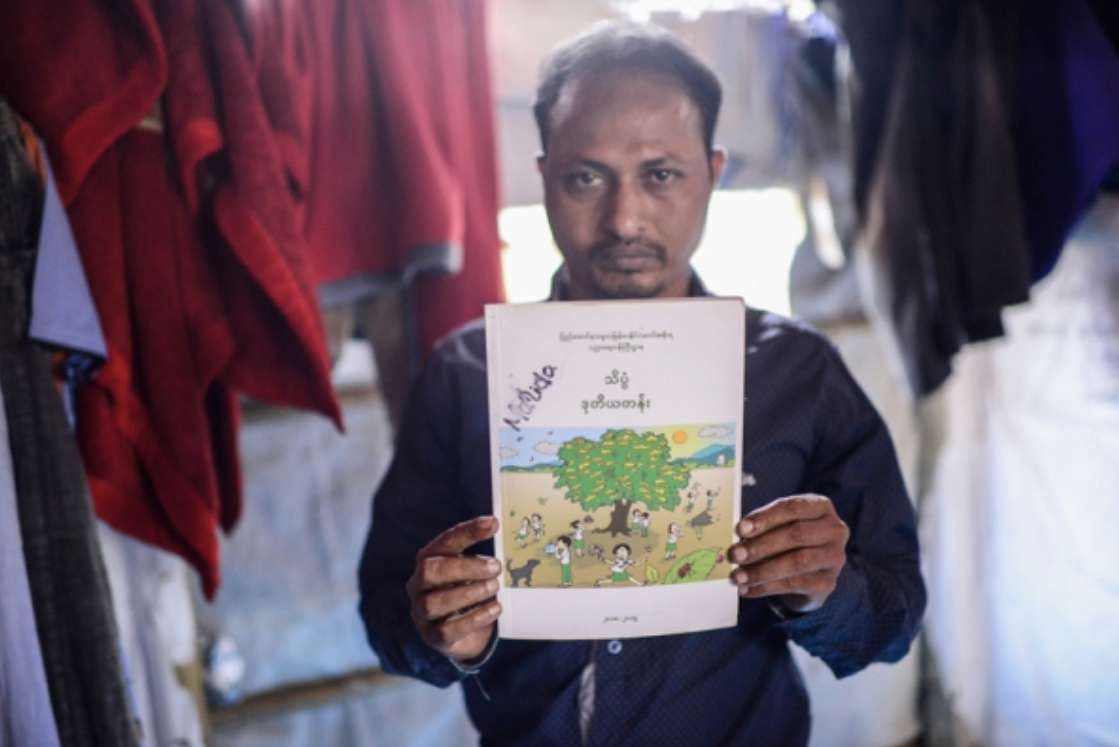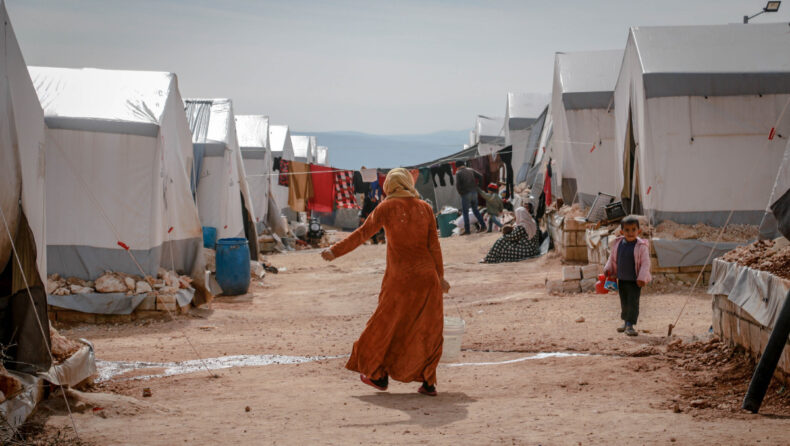A boat carrying 180 Rohingyas sank in the black sea south of Bangladesh. The Rohingyas are a community who have been persecuted for years and are wanted by nobody resulting in them being stateless. This Muslim minority in Myanmar have suffered years of persecution in their homeland which has a Buddhist majority and are perceived as interlopers.
Around one million people have fled the country and crossed the border to seek refuge in Bangladesh. There they have been living in hardship in camps and have also been detained by migration policies with no way out. Under such circumstances, in order to find a safe haven somewhere they have taken to the sea. Approximately 3500 Rohingyas tried to cross the Bay of Bengal and the Andaman Sea to seek refuge. As per the UN data this was a 360 percent increase over last year. The number of people that died or went missing was around 348, which makes it the highest death toll since 2014.

It is almost impossible to come to a conclusion about whether these people could be saved because the Rohingyas are often left to die on the sea which is similar to their treatment on land. The United Nations’ refugee agency reported that despite the officials being aware of the location of the boats and despite the agency’s repeated requests to maritime authorities to rescue, they have been ignored, because they can.
Rescue of boats in distress is established by a number of international laws, but the enforcement of these laws is difficult. The director of the Arakan project, Chris Lewa stated that earlier the coastal countries of the region looked for boats in distress but pushed them for search of other countries and rescue zones, but now they are disinterested in even looking. Some fortunate ones are brought to shore by local fishermen in Indonesia.
Even these rescues can be dangerous. There has been an instance of a Vietnam oil company saving one boat, but then immediately handing the Rohingyas over to the same Myanmar regime that they escaped from. The Rohingyas are patrolled by the Myanmar authorities.

The director of human rights group Fortify rights, John Quinley stated that the total lack of political will and heartlessness explains why regional governments do not coordinate and rescue the vessels. He said that the accountability and responsibility is collective.
Most of the Rohingyas settled in camps in Bangladesh and elsewhere have fled what has been declared as genocide in Myanmar by US in 2017.
Fires are often set on shelters. One of the fires set in March left around 15,000 people homeless. The Rohingyas are not allowed to work and are dependent upon food rations which have had reduced supply due to decline in global donations.
The military coup in Myanmar in 2021 has made any hope of safely returning home seem an unachievable dream. Left with no other options they do what they have been doing – flee.













